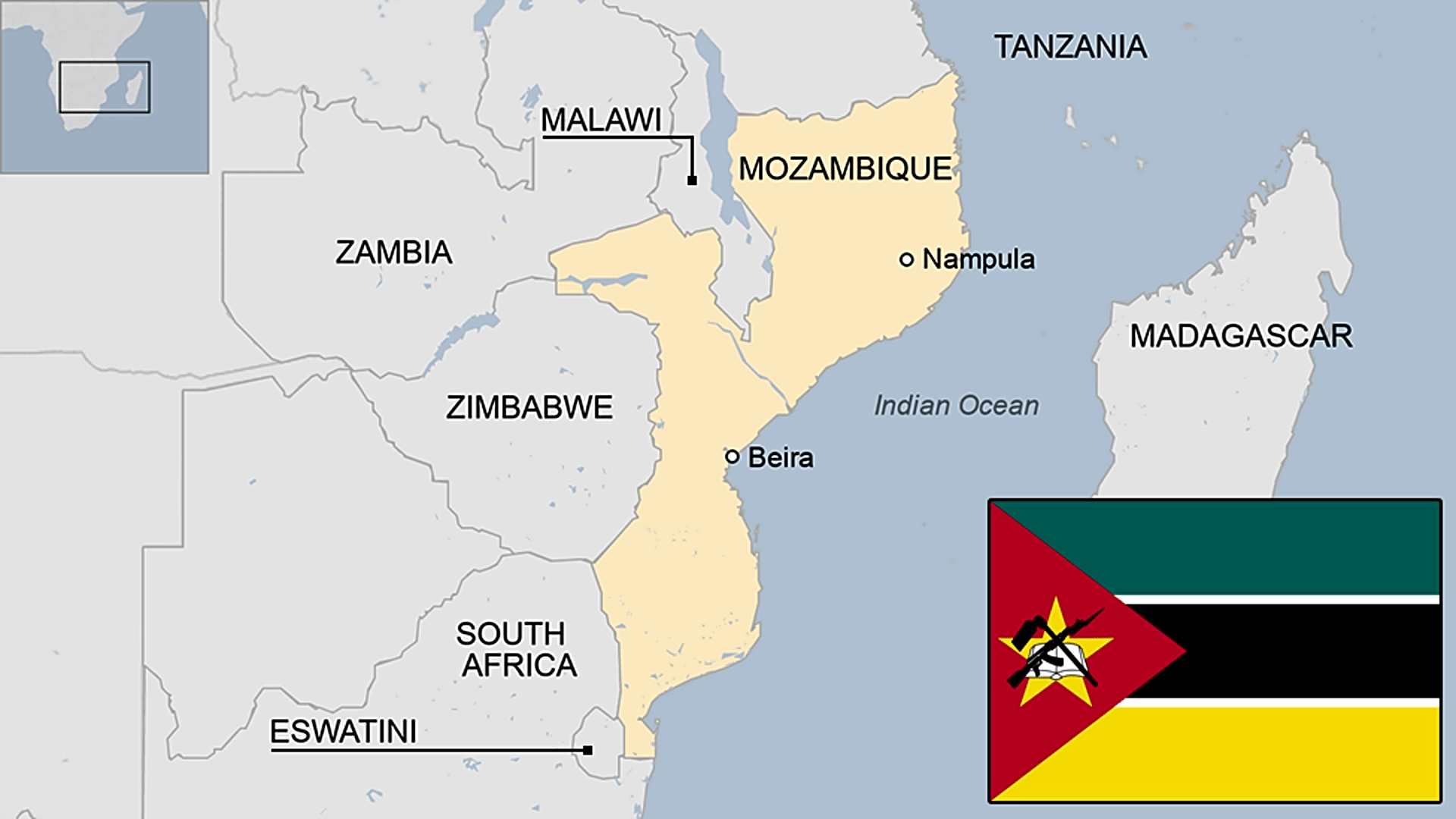The most recent audited financial records that Kuda, the Target Global-backed digital banking platform with a focus on Nigeria, submitted to U.K. regulators show that the company has tripled its revenue. In 2022, the startup’s revenue increased to $22 million (~£17.2 million) from $7.7 million (~£6 million) the year before, a remarkable 190% increase.
With its main market being Nigeria, Kuda has its headquarters in the United Kingdom and runs a digital banking platform that lets users manage their money, make payments, and apply for loans. With 4.9 million consumers over the last year, the company’s quick growth may be ascribed to a large increase in user adoption. Over the previous year, the number of clients doubled to 2.4 million.
Beyond Nigeria, the fintech company Kuda has been expanding into other areas such as the United Kingdom, Canada, Ghana, Tanzania, and Uganda. In order to meet the changing needs of its expanding clientele, the business has concentrated on introducing new goods, such as overseas remittances.
Kuda’s total deposits more than doubled from $41 million in 2021 to $100 million in 2022, adding to the remarkable financial performance. This expansion has been mostly driven by the business banking sector, where deposits from clients increased by 154 times, from less than $102,000 to about $15 million by year’s end.
In the year under review, Kuda’s overall assets increased by 30% to $154 million, with roughly 80% of those assets being connected to its Nigerian affiliate. The company’s efforts to diversify have paid off, as treasury investments in Nigeria, which currently provide for one-third of its interest income, have begun to provide significant income.
Even with its remarkable increase in sales and growing clientele, Kuda is losing more and more money. The company reported net losses of $32 million, more than twice as much as the year before because of increased operational expenditures and personnel costs. Over the course of its 2019 launch, Kuda has lost $55 million.
The increased investment was a result of the fintech’s ambitious expansion strategy, which included a World Cup advertisement. To lower its burn rate, Kuda has lately reduced its advertising spending.
Kuda had $33 million in cash at the beginning of the previous year, an almost 50% decrease from 2022, indicating that the startup’s financial resources are still being squeezed. In mid-2023, the business made an attempt to raise $20 million in bridge finance at a flat valuation, but it later gave up on those plans.
Despite this, Kuda’s chief financial officer, Frederic Bidet, expressed optimism about the company’s future, noting that they are “making good progress towards breakeven” and have “reduced the gap between revenue and losses.” Additionally, Bidet stressed that Kuda does not now need to raise money in order to cover its running expenditures because it currently has “enough funds to reach breakeven comfortably.”
Kuda’s remarkable revenue success and user adoption indicate that the fintech is well-positioned to solidify its position in Nigeria’s and other countries’ digital banking landscapes, even as it continues to negotiate the difficulties of rapid expansion.


